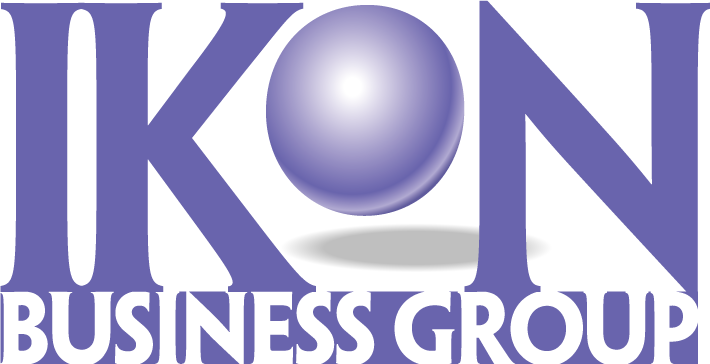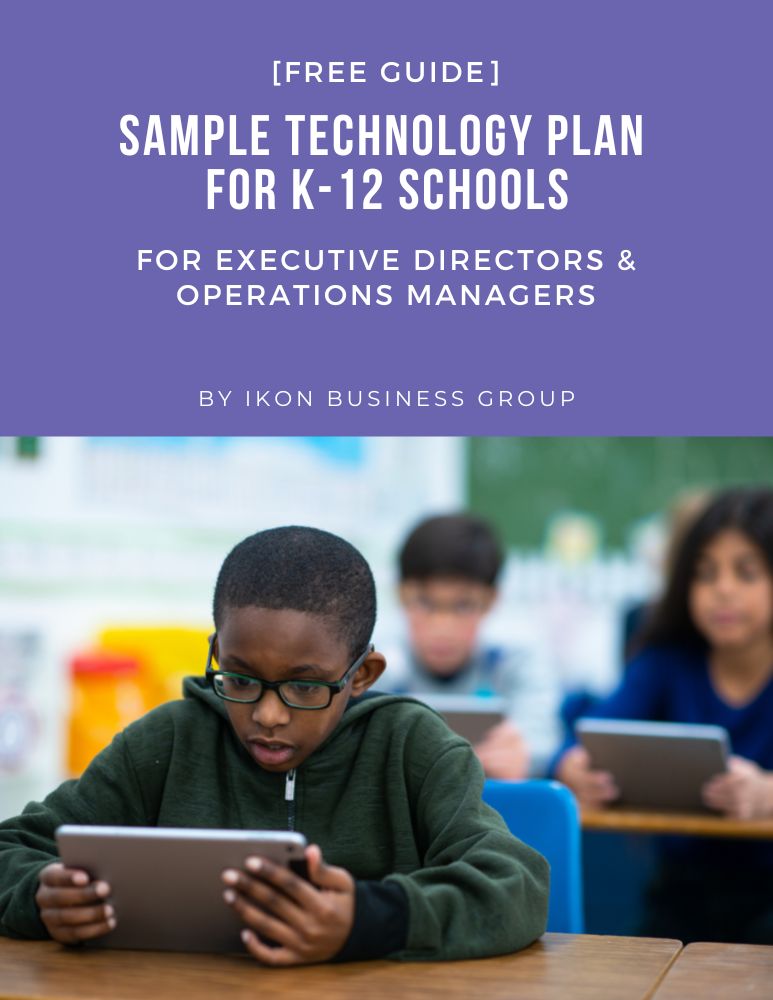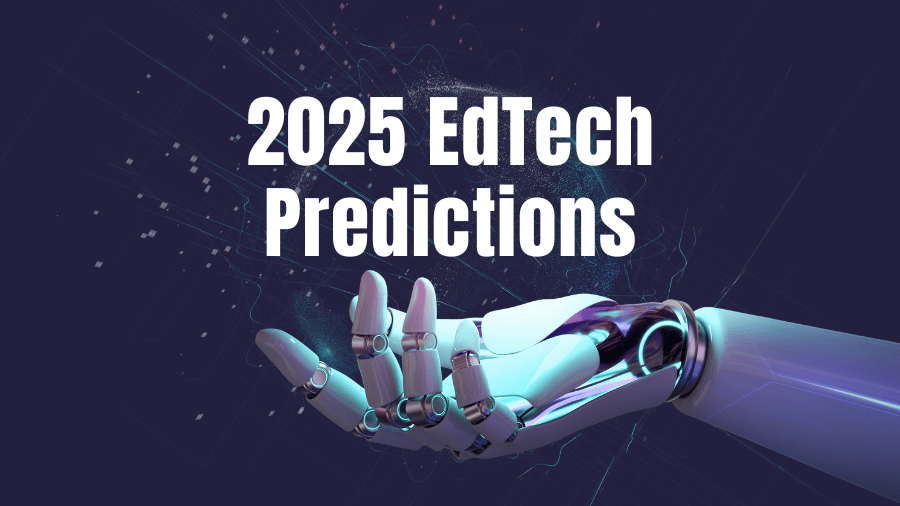What to Expect for Ed Tech in 2025
As education technology continues to evolve, 2025 promises significant advancements and challenges that will shape the future of learning. From the integration of artificial intelligence (AI) to policy changes, here are the key trends and considerations to watch in the ed-tech landscape.
1. Pedagogy First: Training Teachers Before AI
While AI tools can transform the classroom experience, their success hinges on proper implementation. Teachers must first be trained to integrate these tools effectively, aligning them with pedagogical goals. Professional development programs will play a critical role in ensuring educators feel confident using AI to enhance learning outcomes. Expect to see more initiatives focused on equipping teachers with the knowledge and skills needed to evaluate and use AI tools responsibly.
2. National Issues: Cybersecurity, Data Privacy, and Digital Equity
In 2025, state leaders will increasingly tackle pressing ed-tech issues such as:
- Cybersecurity: Schools remain a target for cyberattacks. State governments will likely invest in robust cybersecurity measures, promoting initiatives like the NIST Cybersecurity Framework.
- Data Privacy: Compliance with laws such as FERPA and state-specific regulations will be a top priority for school districts, requiring updated policies and staff training.
- Digital Equity: Bridging the digital divide remains a challenge, with state-led programs focusing on expanding internet access and ensuring all students have the tools they need for digital learning.
3. Funding Constraints Post-ESSER
The expiration of the Elementary and Secondary School Emergency Relief (ESSER) program in September 2024 has left many districts reevaluating their budgets. The $189.5 billion provided during the pandemic helped schools invest in technology, but the absence of this funding means districts will need to be more strategic about future purchases. Expect a shift toward solutions that demonstrate clear value and long-term sustainability.
4. AI Ethics and Literacy
As AI becomes a fixture in classrooms, teaching students to interact with it ethically and critically will be essential. AI literacy programs will emphasize:
- Evaluating AI Output: Encouraging students to question the accuracy and bias of AI-generated content.
- Ethical Usage: Discussing responsible use of AI tools, including concerns around plagiarism and misinformation.
- Understanding AI Limitations: Helping students recognize where AI can and cannot replace human judgment.
5. Rise of Personalized Learning
Personalized learning, powered by AI and data analytics, will gain momentum in 2025. These tools enable teachers to tailor instruction to individual student needs, promoting engagement and better outcomes. However, successful implementation will depend on robust data privacy protections and teacher training.
6. EdTech Sustainability Initiatives
With growing awareness of environmental issues, schools and edtech companies will prioritize sustainable practices. This could include:
- Investing in energy-efficient devices.
- Encouraging recycling programs for old technology.
- Supporting digital solutions that minimize paper waste.
7. The Expansion of Microcredentials and Skills-Based Learning
In 2025, schools will increasingly emphasize microcredentials and skills-based learning to better prepare students for the evolving workforce. Microcredentials allow students to demonstrate mastery in specific competencies, such as coding, digital media creation, or project management. Key trends include:
- Integration into Curricula: Districts may incorporate skills-based programs alongside traditional academics, offering students opportunities to earn certifications recognized by employers and higher education institutions.
- Focus on Lifelong Learning: These initiatives encourage a culture of continuous skill development, giving students a head start in adapting to future career demands.
- Partnerships with Industry: Schools might collaborate with companies and non-profits to design microcredential programs that reflect real-world expectations and emerging industries.
Preparing for the Future
As we look ahead, 2025 will challenge schools to balance innovation with practicality. Whether it\u2019s adopting AI, addressing cybersecurity threats, or navigating budget constraints, the focus must remain on enhancing teaching and learning. By staying informed and proactive, school districts can ensure they are well-equipped to meet the demands of the evolving ed-tech landscape.
Need Help Navigating Ed-Tech Trends?
At IKON EduTech Group, we specialize in helping K-12 schools implement cutting-edge technology solutions that prioritize student success and safety. Contact us today to learn how we can support your school\u2019s journey into 2025 and beyond.


